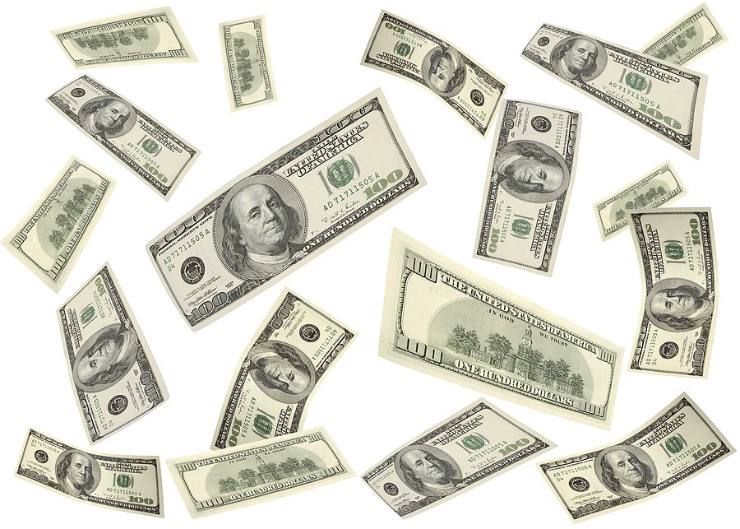Worried about using credit cards before bankruptcy? Afraid of prejudicing your bankruptcy case by spending money before you file? Do you imagine some authority figure deciding that your financial behavior in the run-up to bankrupcy bars you from relief?
Take a deep breath. That’s not how it works.
Let’s look at what matters and what doesn’t matter in the months before bankruptcy.
Your money is yours
Before you file, you are generally free to spend your money as you choose. You can buy necessities or luxuries, things, or experiences.
The critical factor is that it’s your money. And accessing your money through a debit card is just spending your own money.
There’s no legal requirement in bankruptcy that your financial choices are wise or even the same choices that the trustee would make.
Credit cards are different
Let’s focus on credit cards before bankruptcy. In this day of electronic payments and credit cards, it’s important to remember that use of your credit card is really a loan: the card issuer pays the merchant, then collects that debt from you. You’re spending the card issuer’s money in the transaction.
That’s where bankruptcy triggers scrutiny. While the bankruptcy trustee may have no legal need to examine your spending, the card issuer does. Incuring a debt, knowing that you can’t or won’t repay the debt may be fraud.
Consequences of fraud
Creditors who’ve been harmed have a right to challenge the discharge of any part of the debt that was incurred by fraud. That’s why there is a 60 day period after the first meeting of creditors in a bankruptcy case; it’s the opportunity for creditors to contest the discharge of debts incurred by fraud.
To exclude a debt from the discharge, a creditor must file a lawsuit in the bankruptcy case, and prove at trial that you didn’t intend to pay the card when you made the charge. The presumption is that the debt is dischargeable and the burden lies with the creditor to prove otherwise..
Practical limits on non dischargeability
In the real world, credit card nondishchargeability actions are not common. Why? Four things.
- Fraud is hard to prove; where is the evidence of the person’s state of mind when they used the card?
- Lawsuits are expensive. Further, what are the chances of actually collecting a judgment if you are successful at trial.
- The amount in question is small relative to the expediture in time and money.
- The presumption at law is that the debt is dischargeable.
Trustees care about patterns of fraud
Generally, pre bankruptcy credit card usage concerns the card issuer. But trustees may be interested if there is a pattern of running a bunch of credit cards up to their limits right before filing. That suggests a plan to defraud creditors as a whole.
The other thing that might interest a trustee is the question of whether the debtor was buying “stuff” that doesn’t appear on the schedules.
Otherwise, the question of whether use of credit cards before filing was honest or not lies between the debtor and the card issuer.
More
Spending before filing bankruptcy
What’s in your bankruptcy papers
Rules for testifying at the first meeting of creditors






